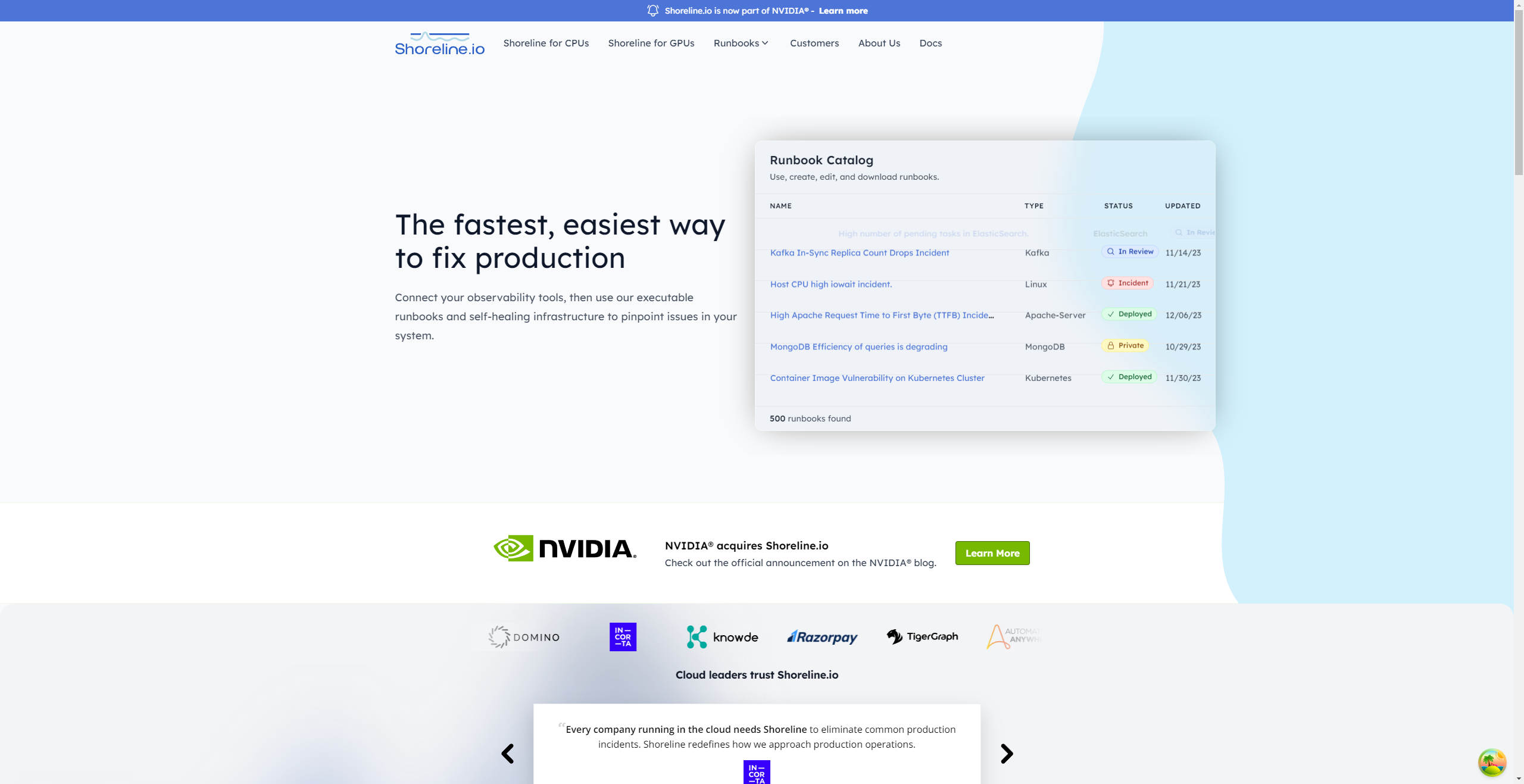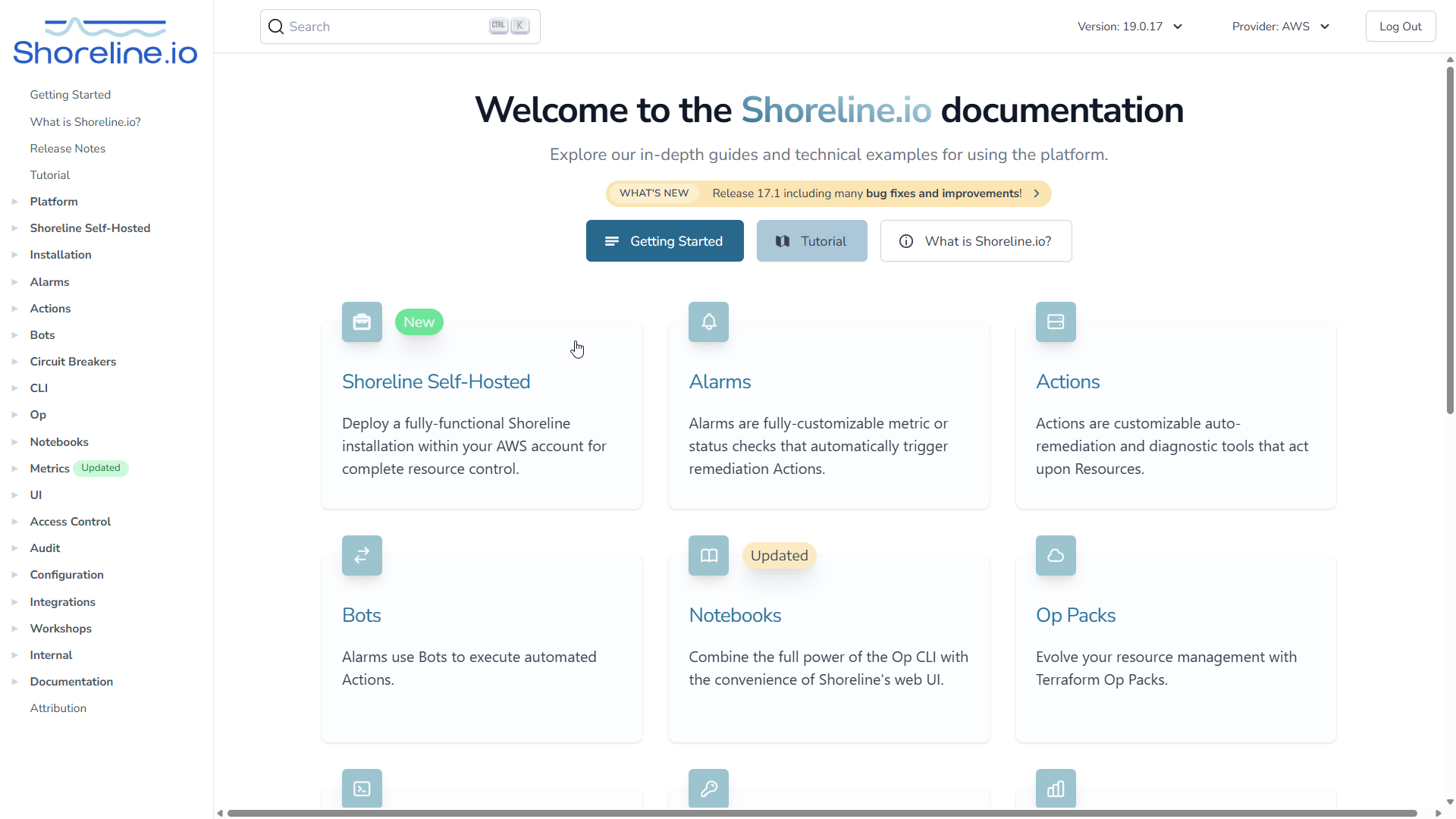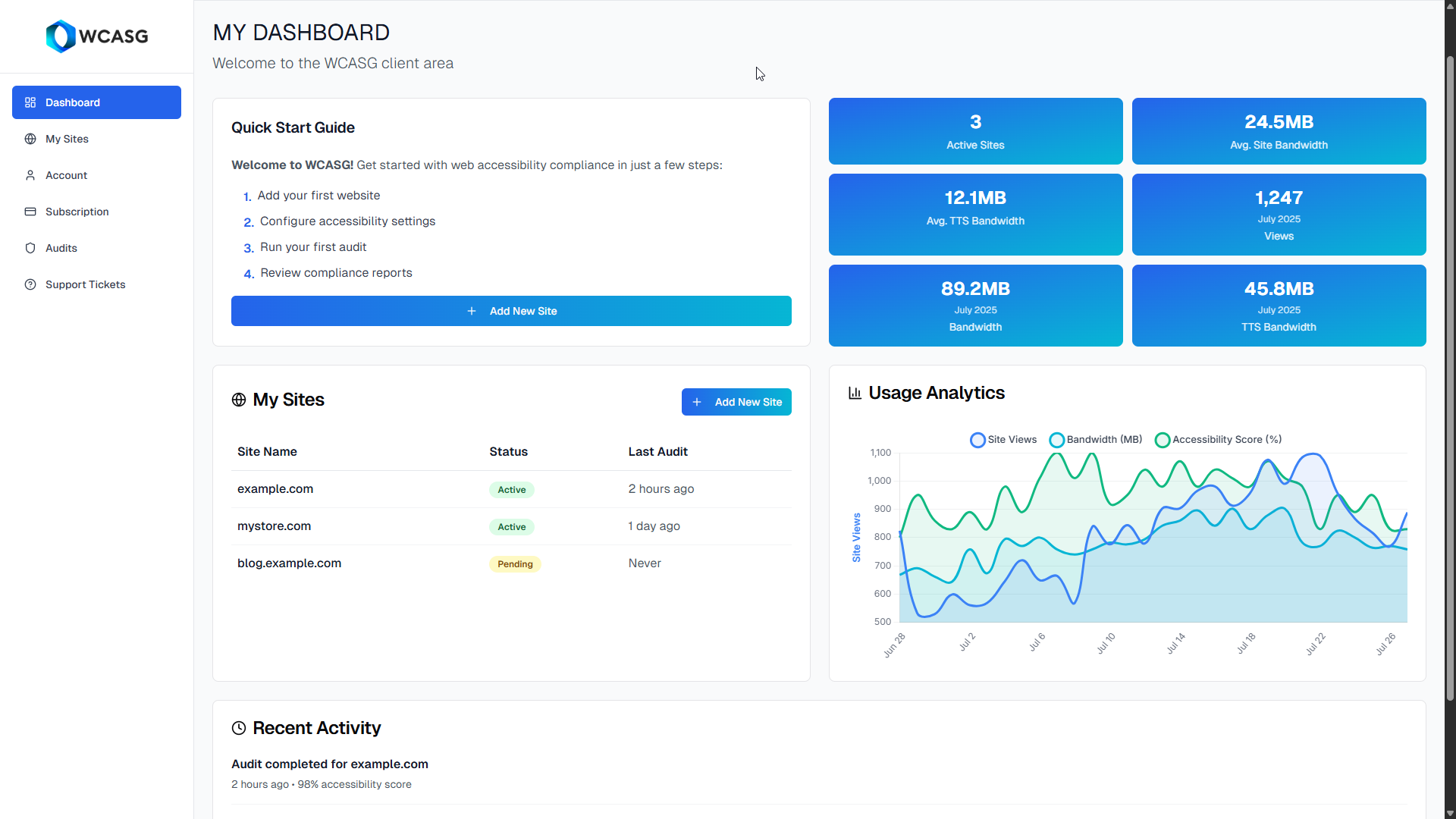AI-powered Runbook Generator
Web-based implementation of our revolutionary AI tool that generates incident response runbooks from natural language descriptions.
AI-powered runbook generation in action
Project Resources
Created a public-facing version of our team's AI-powered system that automatically generates incident response runbooks by analyzing historical incident data, team communication patterns, and resolution strategies. This tool helped Shoreline customers and thousands of DevOps engineers understand how to resolve incidents by providing intelligent, context-aware guidance.
The backend API and private web app -- developed by the Shoreline Insights engineering team -- uses a combination of general purpose LLMs with domain-specific knowledge, datasets, and retrieval augmented generation to identify patterns in incident data, extract common resolution steps, and create standardized runbooks that can be customized for specific scenarios. These runbooks, integrated with our public web-based runbook database, allows users to search, filter, and access runbooks based on incident type, severity, and team practices.
Key Features
- LLM-powered analysis with retrieval augmented generation (RAG) for domain-specific incident knowledge
- Automated runbook generation from historical incident data and communication patterns
- Public web-based runbook database with search, filtering, categorization, and export capabilities
- Machine learning pattern recognition for incident type identification
- Preset templates for common incident scenarios
Architecture & Implementation
Web Platform & Database
I developed a frontend, public-facing implementation of the runbook management system:
- : Web-based tool for generating runbooks from natural language descriptions
- : Searchable catalog of hundreds of AI-generated and curated incident response runbooks
- Advanced Filtering: Users can find runbooks by incident type, severity, technology stack, and team practices
Machine Learning Pipeline
The Shoreline Insights team built a sophisticated ML pipeline combining general-purpose LLMs with domain-specific knowledge:
- Data Ingestion: Automated collection from PagerDuty and other incident management tools, monitoring systems, and team communication platforms
- RAG Implementation: Retrieval augmented generation using curated incident resolution datasets
- Pattern Recognition: Advanced algorithms identify common incident types and successful resolution patterns
- Content Generation: LLM-powered natural language processing creates human-readable, actionable runbook steps
- Validation & Testing: Automated testing ensures generated runbooks are accurate and effective
Impact & Results
The AI-powered runbook generator transformed incident response for hundreds of DevOps engineers:
- 60% reduction in average incident resolution time
- Hundreds of users accessing the public runbook database daily
- Knowledge democratization by making expert incident response accessible to all team members
- Tribal knowledge preservation by capturing and standardizing institutional knowledge
- Accelerated onboarding by enabling new engineers to learn more effectively with AI-generated guidance
- Strategic business impact by contributing to Shoreline's acquisition by NVIDIA
Project Details
Company
Timeline
2 months
Role
Lead Full-Stack Engineer
Technologies & Skills
© 2026 Gabe Wyatt. All rights reserved.


